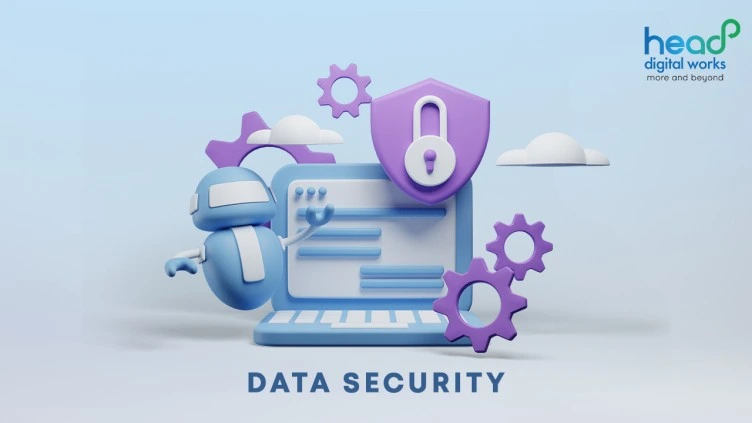Data Security: What it means for gaming platforms

The online gaming industry has evolved rapidly in the last decade. From simple visuals and linear concepts, we have reached multilayered and immersive gaming experiences. Gaming companies use consumer data to provide gamers on the platform with a better experience and to ensure their gaming time is seamless. With the advent of cloud technology, it is easier to store user data more securely.
The online gaming industry is expanding at a staggering rate and the global revenue has exceeded $193 billion in 2021, with a compound annual growth rate of 15.6% from 2016-2021. With such towering numbers and an even higher projected rate of growth, Data Security becomes a sensitive and crucial matter for gaming organisations across the board…
To understand the issue better, let us delve a bit into the basics of what data security means for a gaming company. By the end of this article, we aim to answer the following questions for you.
What is data security? Why is data security important and why do companies collect data? When is the need to employ data security? Who is data security for and who is responsible for maintaining it?
With these questions in mind, let us understand what data security means for a gaming platform.
Data Security is a major concern for any organisation as a minor breach can lead to huge costs incurred - in terms of credibility and financials. This makes it crucial for organisations to have a robust security framework that can protect them from unexpected access.
Collecting data enables companies to personalise and redesign their games to make them more engaging. Data details and engineering innovations help create an interactive game environment and predict what a player wants. Since most online gamers would use their financial data on gaming platforms, the need to prevent payment fraud becomes important. However, payment data is still important to ensure the gamer can play and opt for options of purchase while playing, easily. This makes it important to put several checks and balances in place to safeguard both individuals and organisations. Another factor companies need to keep in mind is the security of personal information shared by customers on their platform. Hackers may be able to access other existing accounts by collating the information a gamer might enter on a site. With this data, other existing accounts such as social media can be accessed. Leaking personal information online not only leads to companies losing their credibility but also gives way to bigger cyber crimes. The need for gaming companies to ensure that their platforms are a safe environment for the end consumers is paramount, based on the popularity of online games today.
As a gamer, some precautionary steps that one can maintain to ensure security is not revealing personal data or using a pseudonym, using only the official payment link from the website, not clicking on links that look suspicious, and being more informed and vigilant about security threats on the internet. To make young gamers more aware of security risks by making sure they are using an authorised version, steering clear of any “hacks” available online and avoiding clicks on any external link. While gaming companies are responsible for ensuring that their games remain free of any security risks or malware, it is also the user’s prerogative to remain aware and careful.
There is an urgent need to identify and streamline security processes, and this prioritisation can be based on the organisation's needs. At Head Digital Works, we place the utmost importance on data security through both the development stages as well as while the game is live and running. We realise the security aspect of storing user data and ensure that data is secure with us. We offer solutions like verifying KYC details of the users, ensuring a secure payment gateway and other stringent steps to prioritise and maintain security.